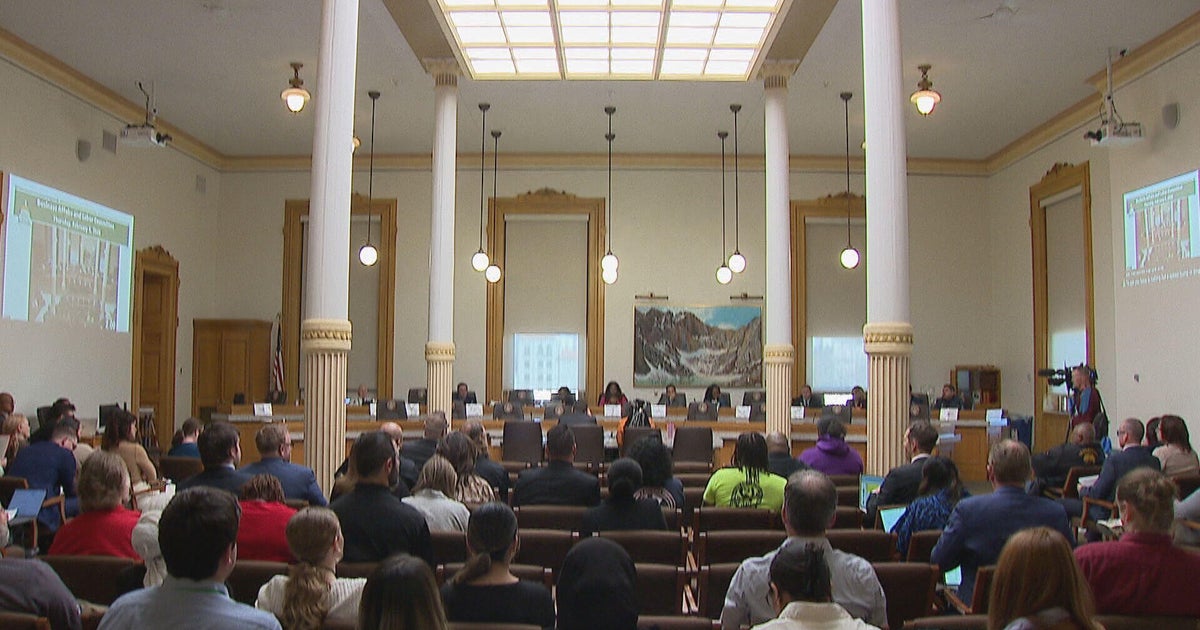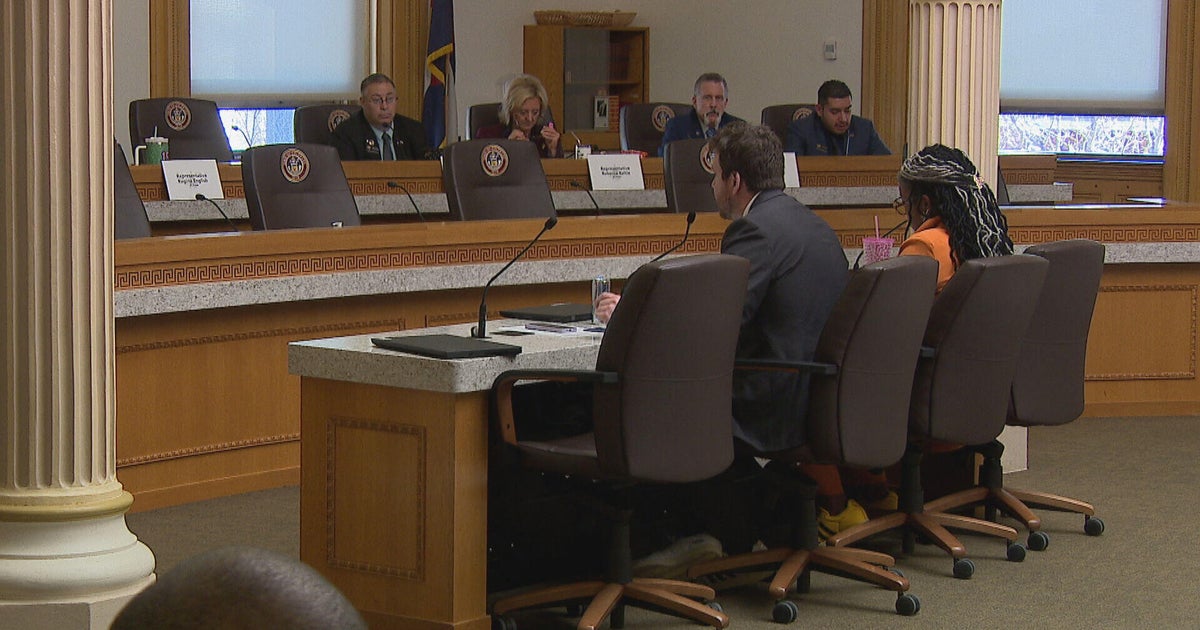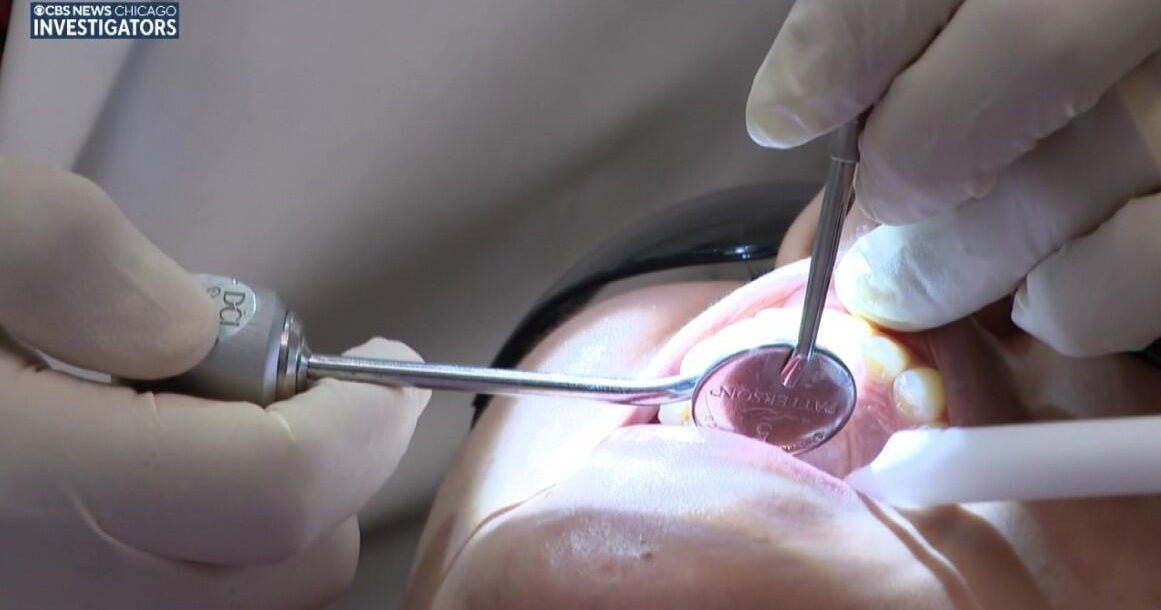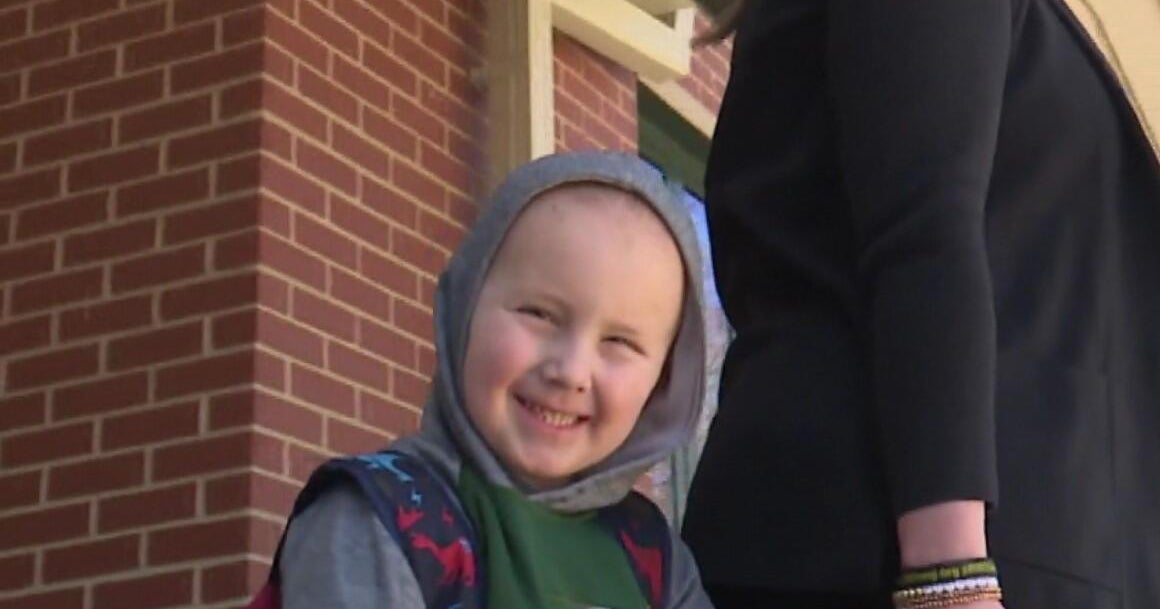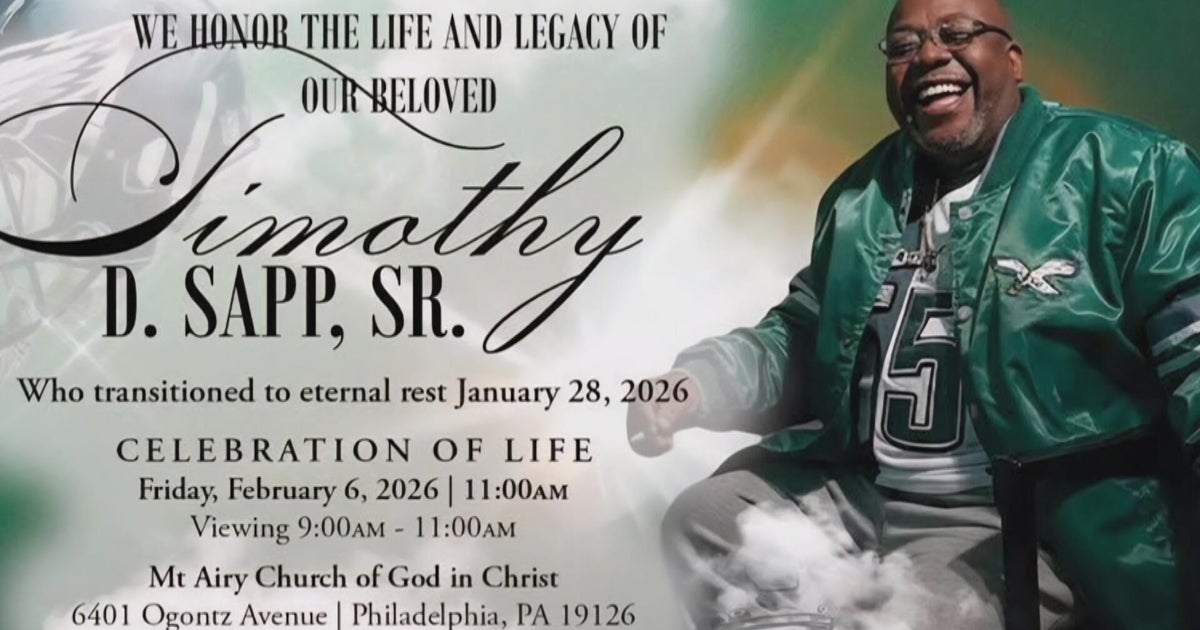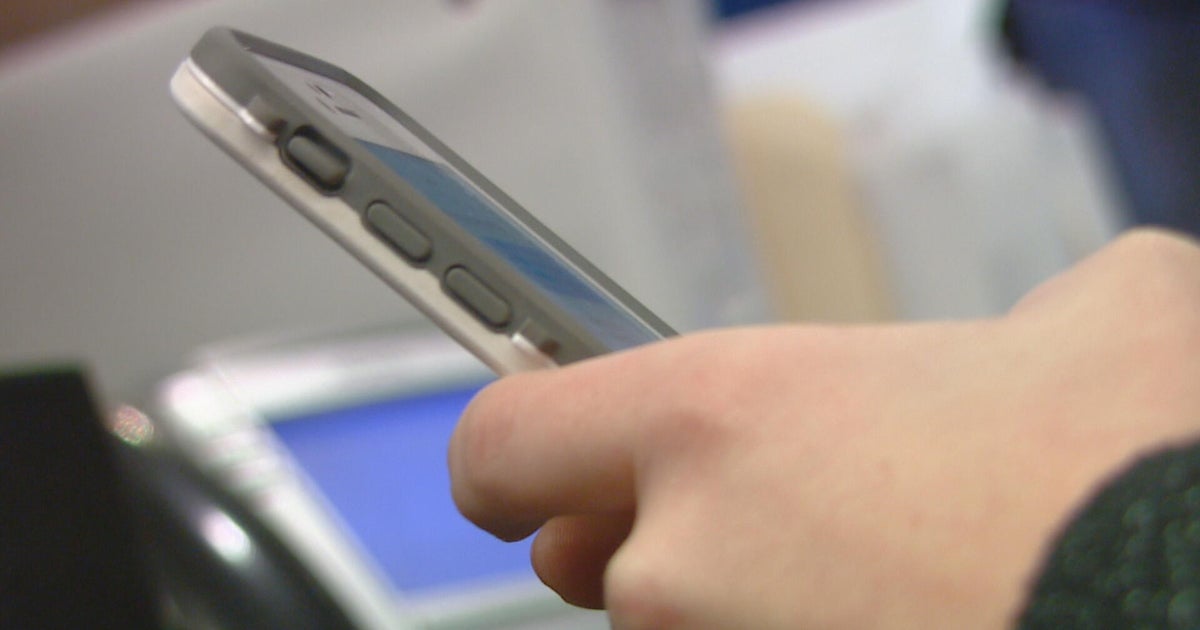Worker's Comp Reform Could Delay Borrowing
SPRINGFIELD, Ill. (AP) - Illinois lawmakers left two big pieces of unfinished business when they went home after voting to raise income taxes. One piece would make Illinois a less expensive place to do business, and the other would get billions of dollars into the hands of charities and companies struggling to make ends meet.
Now some Republicans are pushing to link the two issues, so that neither could be approved without the other - potentially slowing action on both.
The strategy angers some Democrats, who want the task of overhauling worker's compensation to be kept separate from the question of borrowing money to pay the state's overdue bills.
Sen. William Haine, D-Alton, said that if Republicans want to drag their feet, they can explain to local businesses why the state isn't paying them for their services.
``They can tell their hospitals and their doctors that we just have a full agenda here, so you guys keep on providing those services to those citizens and when we get done with our agenda, then we'll pay you,'' Haine said.
Others were more diplomatic.
Senate President John Cullerton, D-Chicago, would consider it a ``positive side benefit'' if progress on worker's comp makes Republicans more willing to consider borrowing money to pay bills, said spokesman John Patterson.
Republicans and Democrats alike hope to reduce business costs by negotiating changes in Illinois' expensive worker's compensation system. But it's a difficult goal that could anger Democrats' union allies. The reform push could wind up going nowhere.
At the same time, many Democrats want to sell bonds to come up with the money to pay more than $8 billion in overdue bills. That would help businesses and community organizations that aren't getting paid on time by the state, but Republicans are dubious about increasing Illinois' long-term debt.
Key Republicans are making it clear that if Gov. Pat Quinn and other Democrats want to borrow money, they need to cooperate with the GOP on worker's comp, particularly now that income taxes are going up.
``We want to see meaningful worker's comp reform. We need to give the business something back with what we did to them,'' said Sen. John Jones, R-Mount Vernon.
House Minority Leader Tom Cross, R-Oswego, said Republicans will consider borrowing - but with caveats. ``It might be in a smaller amount, we might say you've got to cut somewhere else, we might say we need to look at work comp,'' he said.
Worker's compensation is a form of insurance paid to employees for injuries incurred on the job in exchange for preventing an employee from suing. Both Democrats and Republicans agree that worker's compensation reform is necessary, as the state has the nation's second-highest rates.
Republicans are in a position to make demands because the borrowing proposal can't pass without at least a few votes from the GOP minority. An attempt to approve the borrowing as part of the state income tax increase failed in the Illinois House when Republicans unanimously opposed it.
Illinois is running months behind in paying for the work it hires others to do on its behalf. The services range from medical care to job training to day care. Groups are laying off employees and, in some cases, closing their doors entirely because the state isn't paying its bills.
Some of those groups held a news conference Wednesday to thank state officials for raising income taxes and encourage them to follow through with a borrowing plan.
``It took these new revenues in order to begin to fix the house of the state and it's going to take the borrowing,'' said Howard Peters, executive vice president of the Illinois Hospital Association.
He said some of his members have unpaid bills going back seven months, and the lack of money is hurting hospitals that are important to the state's economy and communities.
Republicans consider their reluctance to borrow more money to be justified, given state government's huge debts and shaky economy. Some Democrats, however, see it as unfair to the groups Illinois is failing to pay.
House Majority Leader Barbara Flynn Currie, D-Chicago, called Republican reluctance to borrow ``appalling.''
``I am really shocked that the minority caucus decided that it is not a good idea to pay off the vendors - to pay off the people who right now are acting as the banker for the state of Illinois,'' she said.
Associated Press writer Tammy Webber contributed to this report from Chicago.
Copyright 2011 by The Associated Press. All Rights Reserved.
